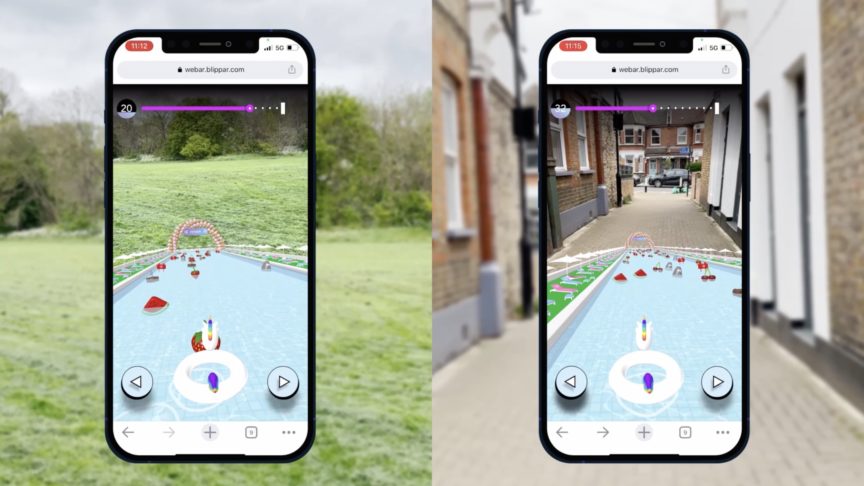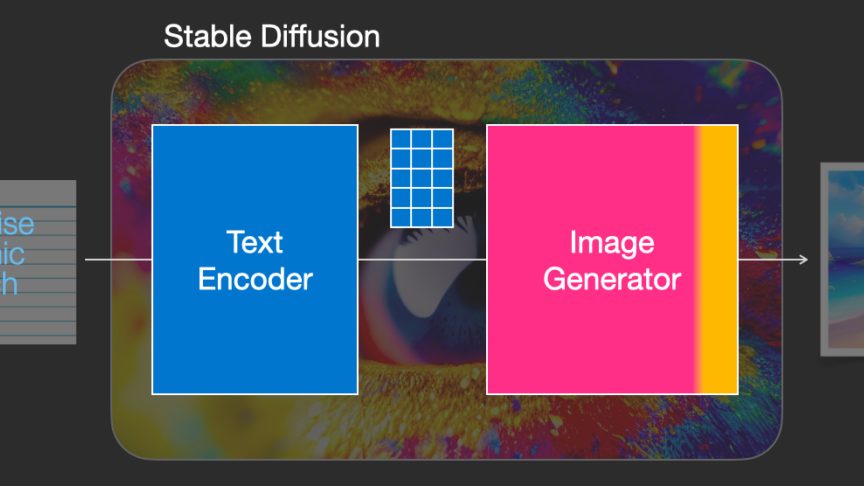Image Recognition is Transforming Business – Weekly Mashup 133
May 6, 2016
Image Recognition is Transforming Business – Weekly Mashup 133

Why Image Recognition is About to Transform Business
TechCrunch
"As with other forms of AI — natural language procession, bioinformatics, gaming — the field of computer vision has benefited greatly from the expansion of open-source, deep learning technology, user-friendly programming tools and faster and more affordable computing. Many a headline references deep learning and artificial intelligence as the next big thing, but how exactly do these different tools work, and in what ways are businesses using them to offer image tech to the world?" Read More

Get Real! How Augmented Reality Toys Could Make VR Feel Like a Gimmick
Digital Trends
"Augmented reality projects like the Microsoft HoloLens and the Magic Leap promise to merge the virtual with the real in a way that’s more visceral than a full VR experience. But these specific projects are just one part of a spectrum that ranges from headsets that stimulate sight and sound to mixed-reality experiences that can be accessed on a game console or smartphone." Read More

Mobile Augmented Reality Market Worth 79.77 Billion USD by 2022
PR Newswire
"According to the new market research report "Mobile Augmented Reality Market, by Component (3D Cameras, Displays, Sensors, and Software), Application (Smartphones, Tablets, Personal Digital Assistants (PDA)/Game Consoles, Smart Glasses, and Wearables), Vertical, and Geography - Global Forecast to 2022", published by MarketsandMarkets, is expected to be worth USD 79.77 Billion by 2022, at a CAGR of 69.85% between 2016 and 2022." Read More

The ‘WTF Is That’ Bot Tells You What’s in Your Photos. Well, Sometimes
WIRED
"Computer Vision is so hot right now. Companies like Microsoft and Google and Facebook use it to help the blind, sort your photos and do many other cool things. It’s as hot as bots, which everyone is integrating into everything and Microsoft boss Satya Nadella calls “the new apps.” Sketch a Venn diagram of the two and you’ll find WTF Is That, a computer vision bot on Facebook Messenger that’s gone viral. It works a bit like Shazam for pictures: Send it a picture and it (sort of) tells you what it is." Read More

PayPal Augmented Reality Patent Puts Comparison Shopping Stats in Your Face
Inverse
"Virtual reality is the future of immersive computer interaction, perfect for intense gaming and enveloping pornography. It’s cousin, augmented reality, a technology that inserts graphics and information over what we’re seeing in the real world, has the ability, however, to revolutionize the way we use our computers in our everyday lives – even for mundane things like shopping. And the augmented reality shopping service, PayPal, is looking to get ahead." Read More

Image Recognition Market Seen Doubling by 2020
Voice of America
"Day-to-day tasks like reading a carton label or locating a dollar bill are now possible for the visually impaired. For those with full vision, the challenges of avoiding obstacles in a self-driving car and increased security at the airport are on the verge of becoming realities. It’s all due to image recognition, a technology that recognizes and processes data patterns online and in the physical world — everything from facial bone structure to a vacuum cleaner ad on TV. Over the next five years, the image recognition market is expected to more than double worldwide to an estimated $30 billion, according to research firm MarketsandMarkets." Read More

Computers Might Just 'See' Like Humans After All
VICE
"We’re made of meat and they’re made of silicon, but according to a new study, humans and computers might actually “see” using the same mechanisms. When you break it down, all vision really is, physiologically speaking, the transformation of light into electrical pulses that are then processed in stages by different parts of the brain. Sounds a lot like a computer, doesn’t it? But computers aren’t as good at reliably “seeing” and recognizing objects as humans are, at least not yet." Read More


